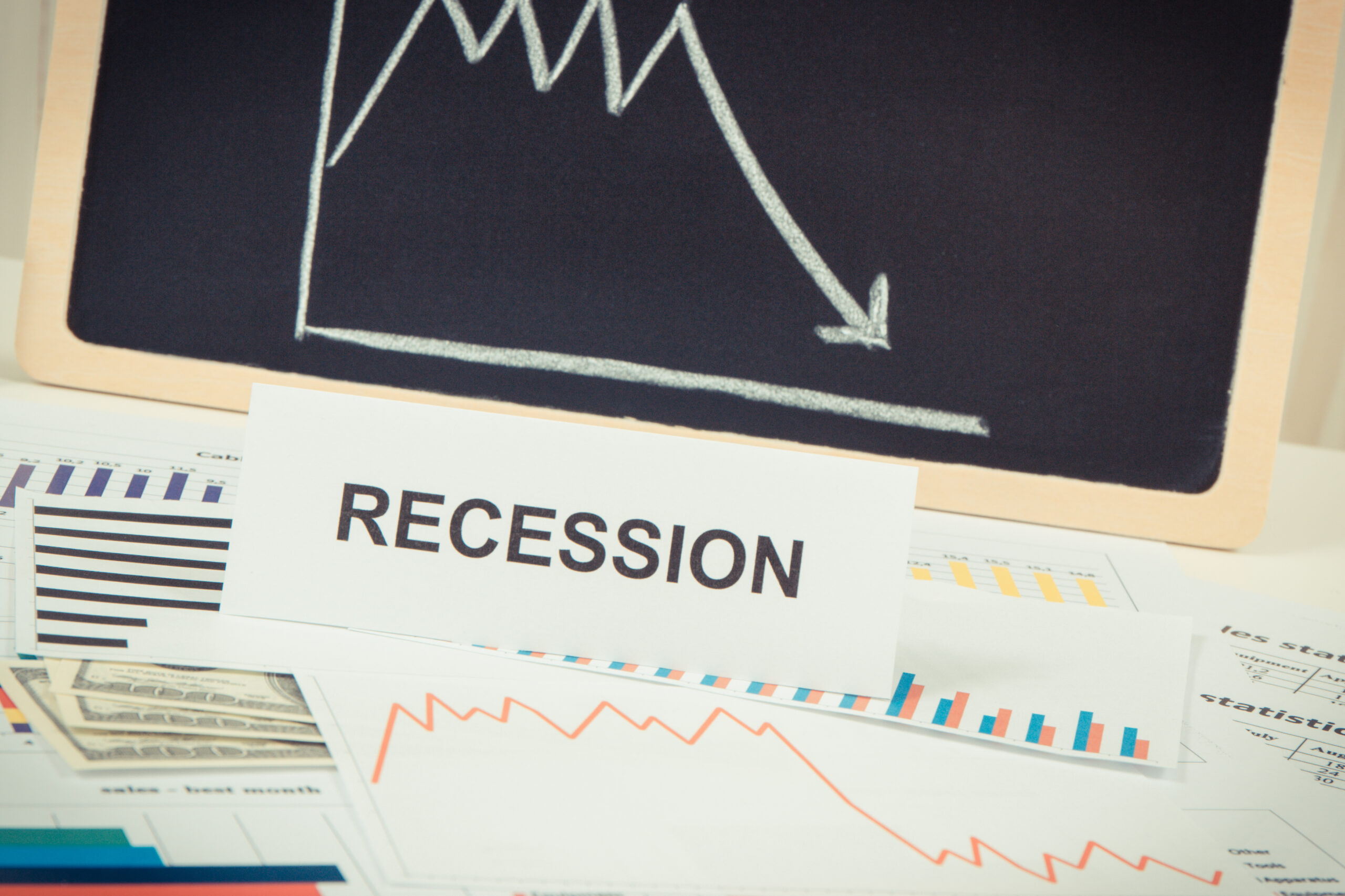Understanding the Looming US Economic Downturn
The U.S. economy is a complex system, and discussions around a potential recession often bring uncertainty to various sectors. While some industries are inherently more susceptible to economic shifts, understanding the broader landscape is crucial for preparing your personal finances, including insurance. A recession, characterized by a significant decline in economic activity, can impact everything from employment rates to consumer spending, creating a ripple effect across markets. For homeowners and vehicle owners, this economic climate directly influences the home auto insurance recession impact, making it vital to stay informed and proactive.
Why the Insurance Sector Isn’t Truly Recession-Proof
The insurance sector has often been viewed as recession-proof due to the mandatory nature of many policies, such as auto insurance for drivers and homeowners insurance for those with mortgages. However, this perception can be misleading. While people generally don’t cancel essential coverage during a downturn, a recession can certainly introduce significant pressures on the industry and, consequently, on policyholders. For instance, job losses and reduced disposable income mean consumers might seek to cut costs wherever possible, leading to changes in coverage choices or an increase in claims for damages that might have otherwise been paid out-of-pocket. Insurers themselves face challenges, including potential layoffs and stricter underwriting guidelines to protect their bottom line. As detailed by experts, the insurance industry can be impacted in several key areas, including changes in policyholder behavior and increased claims frequency.
The Direct Home Auto Insurance Recession Impact on Premiums
One of the most immediate concerns for consumers during an economic downturn is the effect on their insurance premiums. The relationship between a recession and insurance rates is multifaceted:
- Reduced Demand: A recession typically leads to fewer home sales and new vehicle purchases. This translates to fewer new insurance policies being written, which can sometimes spur competition among insurers to retain existing customers and attract new ones. Increased competition might lead to a stabilization or even a decrease in premiums in some areas.
- Increased Claims: Conversely, financial strain can lead to an increase in claim frequency. If homeowners and drivers have less disposable income, they might defer maintenance on their properties or vehicles, potentially leading to more significant damage when issues arise. Furthermore, they may be more likely to file claims for minor incidents they would have previously covered themselves. This rise in claims can put upward pressure on premiums.
- Cost of Repairs: Even if overall economic activity slows, the cost of materials and labor for home repairs or vehicle bodywork might remain high or even increase due to supply chain disruptions or inflation. When the cost for insurers to pay out claims rises, so too can the cost of premiums.
The Home auto insurance recession impact on rates is not always uniform and can depend on a variety of regional and market-specific factors.
Beyond the Economy: Climate Change and Trade Policy Pressures
While a recession presents its own set of challenges, it’s important to remember that the insurance sector is simultaneously grappling with other significant pressures. Climate change, for example, is leading to more frequent and severe natural disasters across the U.S. From hurricanes and floods to wildfires, the increasing incidence of catastrophic events results in higher payouts for insurers, which then influences premiums, especially in vulnerable areas. Additionally, geopolitical factors and trade policies, such as tariffs on imported goods used in construction or vehicle manufacturing, can drive up replacement costs for damaged property, further impacting insurance rates. These external factors can compound the effects of an economic downturn, creating a complex environment for both insurers and policyholders.
Navigating a New Era of Insurance Regulation
The regulatory environment also plays a critical role in how a recession affects the insurance market. Following past economic crises, regulatory efforts often intensified to protect consumers and stabilize markets. However, the current regulatory landscape in some states is evolving, with different approaches to managing the balance between insurer profitability and consumer affordability. Some states have given insurers more flexibility to adjust rates to reflect actual risk, while others have faced criticism for attempting to keep premiums artificially low. This varied approach means that the impact of a recession on insurance availability and pricing can differ significantly from state to state, making it challenging for both insurance providers and consumers to predict outcomes. For those facing challenges finding coverage, exploring Uninsurable Property Home Insurance Solutions can provide vital guidance.
Strategies for Homeowners in Uncertain Times
In times of economic uncertainty, taking proactive steps can help manage your home and auto insurance costs. Here are some strategies:
- Review Your Policies Regularly: Don’t wait for your renewal notice. Periodically review your existing home and auto insurance policies to ensure your coverage still meets your needs and to identify potential areas for cost savings.
- Shop Around for Quotes: Even if you’re satisfied with your current insurer, it’s wise to get quotes from multiple providers. Different companies assess risk differently and may offer more competitive rates.
- Consider Increasing Deductibles: A higher deductible can lower your premium, but ensure it’s an amount you can comfortably afford out-of-pocket if you need to file a claim.
- Inquire About Discounts: Many insurers offer discounts for bundling policies (e.g., home and auto), installing safety features, maintaining a good driving record, or having a claims-free history.
- Improve Home Security and Safety: Investing in home security systems, smoke detectors, or storm-resistant upgrades can not only protect your property but also potentially qualify you for premium reductions on your homeowners insurance.
- Maintain Your Vehicle: Regular vehicle maintenance can help prevent mechanical breakdowns that might lead to claims, and a well-maintained vehicle can contribute to a lower risk profile.
Understanding the factors that influence rates, including broader economic trends, is key to navigating the insurance market effectively. Insights into Decoding Why Auto Home Insurance Rates Decrease can offer further perspective on how market dynamics can lead to more favorable outcomes for consumers.
Have questions? Contact us here.






